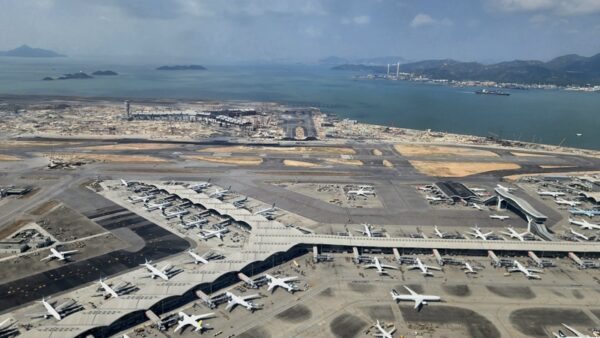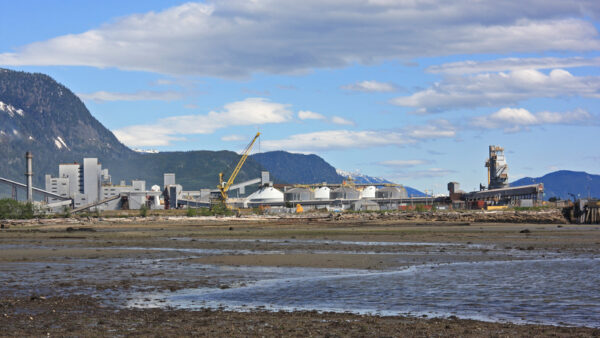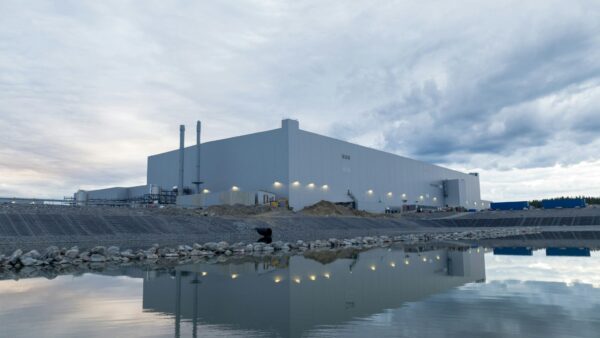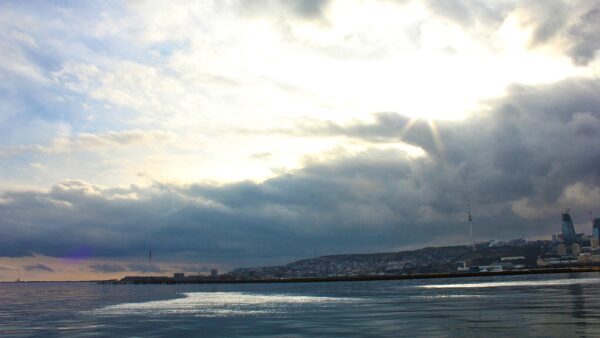13 May 2014
Water-scarce Abu Dhabi has challenged four global firms to come up with designs for desalination plants that use a fraction of the energy conventional plants use.
Abengoa, Degrémont, Sidem/Veolia and Trevi Systems have each received a contract from clean-energy developer Masdar to start building a seawater desalination plant efficient enough to be powered by renewable energy.
All four plants will test advances in membrane technologies such as reverse osmosis and forward osmosis, which are more energy efficient than the thermal processes used in most desalination plants in the United Arab Emirates (UAE) now.
Masdar, a subsidiary of Abu Dhabi’s state-owned Mubadala Development Company, hopes the tests will lead to cost-competitive large-scale seawater desalination plants for use in the UAE and abroad.
Masdar said the UAE’s rapidly growing population and economic growth mean that better desalination plants are needed to address the country’s long-term water security. The pilot program came from a call to action by the Crown Prince of Abu Dhabi, His Highness General Sheikh Mohammed bin Zayed Al Nahyan.
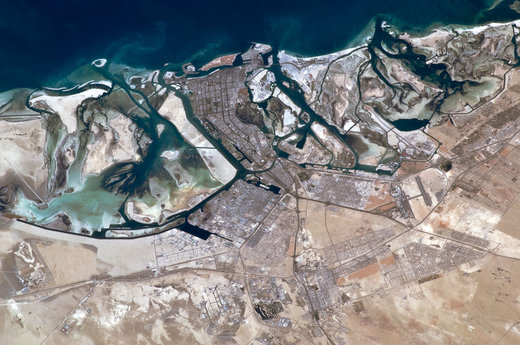
Abu Dhabi, surrounded by desert and sea, relies heavily on desalination (Nasa/Wikimedia Commons)
“Seawater desalination is an energy intensive process that if left unchecked will become unsustainable over time,” said Masdar chairman Dr. Sultan Ahmed Al Jaber. “We must innovate and discover commercially viable solutions to meet our long-term water needs.”
He added: “Combining best-in-class desalination technologies with our abundant solar resources is a logical step toward securing our country’s water supplies.”
The companies have 18 months to build their test plants. All will be built at Ghantoot, the site of an old desalination plant 90km northwest of Abu Dhabi, because it has access to deep seawater and existing utility connections.
The plants will also have to provide 1,500 cubic meters of potable water per day – enough to meet the water needs of around 500 homes.
According to Masdar, energy-efficient seawater desalination is critical to the Gulf because the region now accounts for 50% of the world’s desalination capacity.






